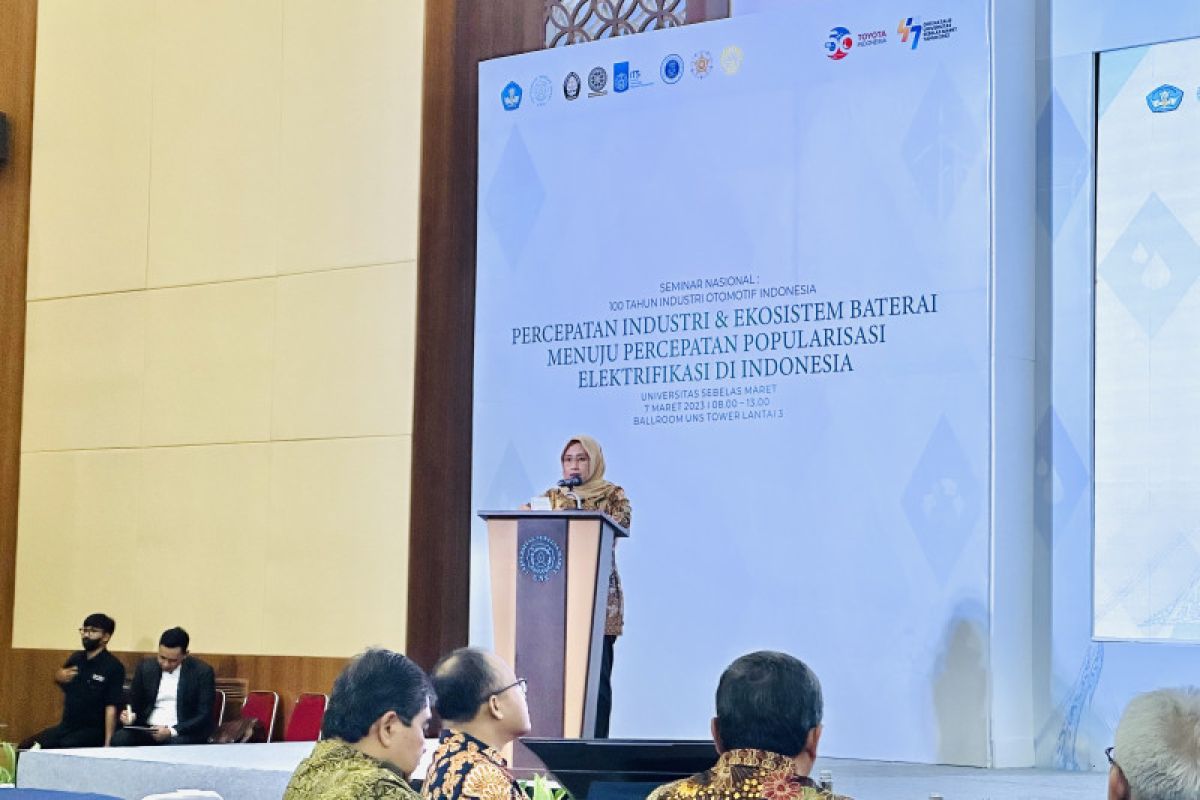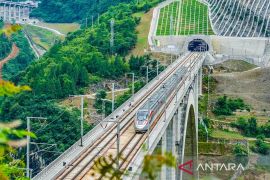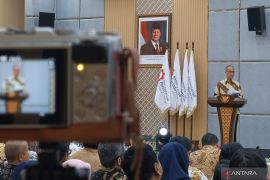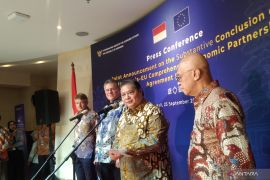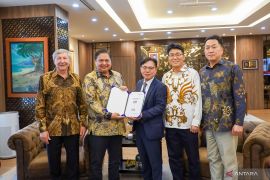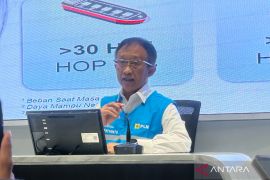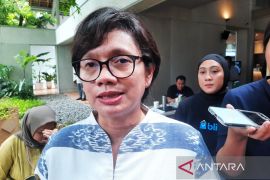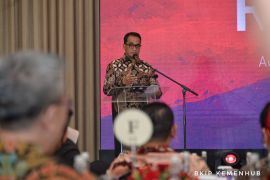of the total fuel-powered motorcycles that are currently circulating in Indonesia into battery
electric vehicles (BEVs) by 2030.
"It is expected to achieve government's fuel (cost) saving of Rp3 trillion per year," Energy and Mineral Resources Minister's expert staff for electricity, Sripeni Inten Cahyani, said here on Tuesday.
She made the statement at the “National Seminar on the 100th Anniversary of the National Automotive Industry,” which was themed “Acceleration of Battery Industry & Ecosystem Towards the Acceleration of the Popularization of Electrification in Indonesia.”
She said that the target would also have other economic effects from the economic cycle of spending on components for the BEV conversion and workshop services.
To this end, a BEV ecosystem is needed to support the massive use of BEVs.
One of the main components of BEVs is their battery, she said. The strengthening of the battery industry's upstream and downstream supply chain and economies of scale are key to ensuring the availability of affordable domestic batteries.
The policy on the mandatory use of BEVs, both new BEVs and converted BEVs, is expected to be viewed as a positive signal by business players to expedite the development of the BEV industry and the supply chain of BEV components in Indonesia.
According to her, Indonesia has strong competitiveness because the country has the largest nickel reserves in the world. Indonesia also has other essential battery materials, such as aluminum, copper, manganese, and cobalt.
"It needs the support of financing and technology facilities as well as support for infrastructure access to develop the mineral processing industry, which supports the national battery industry," she added.
She further said that the nickel processing industry in the BEV program could provide significant added value, for instance, by opening jobs for 628 workers per gigawatt-hour (GWh) battery production.
The central and regional governments' pilot projects, including the mandatory BEV use policy for state-owned enterprises (SOEs), are expected to initiate the development of investment for electric vehicle business players as well as providers of infrastructure, component supply chains, and supporting services.
Related news: Anticipating electric vehicle battery waste through circular economy
Related news: Gov't to continue supporting nickel downstreaming: Monoarfa
Translator: Sella Panduarsa, Raka Adji
Editor: Rahmad Nasution
Copyright © ANTARA 2023
